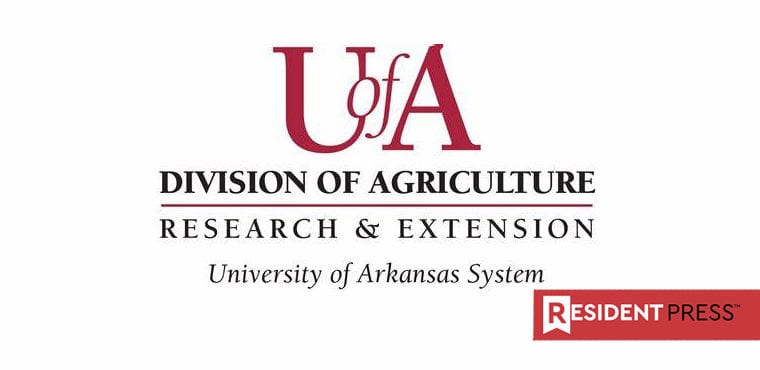By Mary Hightower
U of A System Division of Agriculture
The highly pathogenic H5N1 avian influenza has been found in all four of the flyways of North America, according to the Animal and Plant Health Inspection Service of the U.S. Agriculture Department.
The infection reported by APHIS, a mixed-species commercial flock in South Dakota, was the first reported in the Central Flyway.
The disease already has been found in commercial and backyard flocks in Maryland, Maine, Missouri, New York, Kentucky, Virginia, Indiana, Delaware, Michigan, Connecticut and Iowa.
“No cases have yet been found Arkansas,” said Dustan Clark, extension veterinarian for the University of Arkansas System Division of Agriculture. “And I cannot say this enough — whether you have a backyard flock or a commercial flock — review your biosecurity plans.”
Clark said wild birds are a significant means for the virus to move across large areas. The avian flu can be transmitted between birds through feces and bodily fluids. The highly pathogenic strains, known as H5 and H7, can kill 90 to 100 percent of poultry quickly; often within 48 hours of infection.
Flocks in which the disease is found are depopulated, preventing any poultry from entering the food supply.
Wildfowl highways
Flyways are north-south paths taken by migratory ducks, geese and other birds between wintering and nesting grounds. From east to west, North America has the Atlantic Flyway, Mississippi Flyway, Central Flyway and the Pacific Flyway. The Mississippi Flyway includes Arkansas, Alabama, Illinois, Indiana, Iowa, Kentucky, Louisiana, Michigan, Minnesota, Missouri, Mississippi, Ohio, Tennessee and Wisconsin.
The Audubon Society reports 325 species of birds move between the Gulf of Mexico and Canada along the Mississippi Flyway.
States in the Mississippi Flyway in which infections have been found in sampled birds are:
- Alabama — A single case with an American wigeon.
- Kentucky — 10 cases including gadwalls, mallards and snow geese.
- Tennessee — Two cases, both wood ducks.
APHIS works with state agencies as part of its disease surveillance.
Resources to protect birds
The Cooperative Extension Service has three public webinars to help small flock poultry owners protect their birds. Find extension biosecurity resources on its website. Visit https://bit.ly/UAEX-Avian-Influenza.







